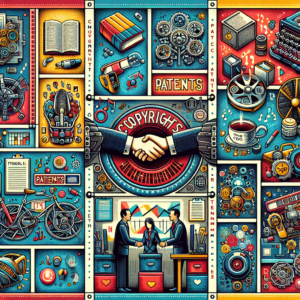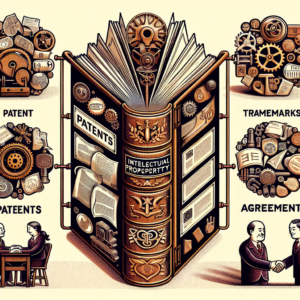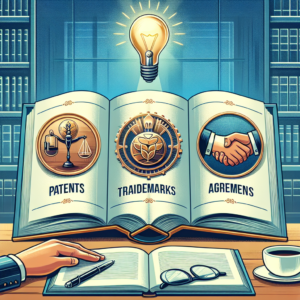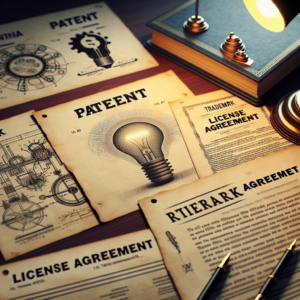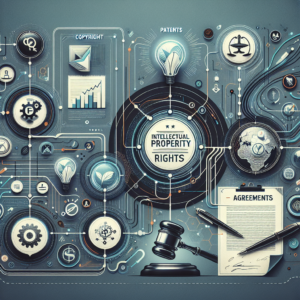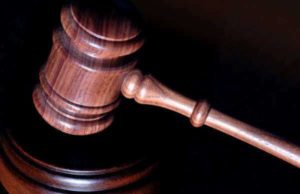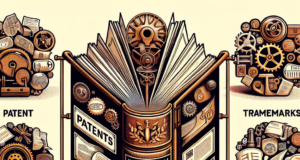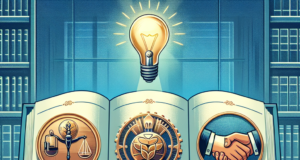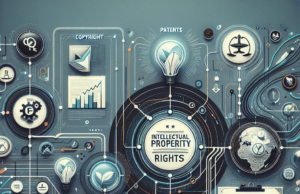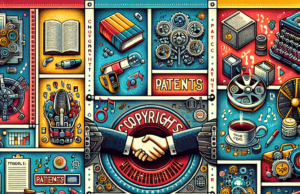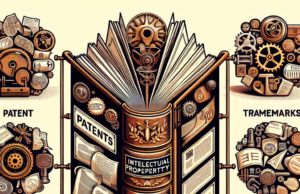Unveiling the Dark Side: Shocking Trends in Software Piracy Revealed

In an increasingly digital world, software piracy remains a pervasive issue that threatens the integrity of the software industry. As technology evolves, so too do the methods and motivations behind software piracy, leading to significant economic and legal ramifications. This article delves into the dark side of software piracy, revealing shocking trends and providing a comprehensive overview of its impact on the industry, the historical context of its evolution, the motivations behind it, and the strategies that can be employed to combat this ongoing challenge.
Understanding Software Piracy: A Comprehensive Overview of Its Impact on the Industry
Software piracy refers to the unauthorized use, reproduction, or distribution of software, which can take many forms, including illegal downloads, counterfeit software, and the use of unlicensed copies. The impact of software piracy on the industry is profound, leading to substantial financial losses for developers and companies. According to the Business Software Alliance (BSA), the global software piracy rate stands at approximately 37%, resulting in billions of dollars in lost revenue each year. This not only affects large corporations but also stifles innovation and growth for smaller developers who rely on software sales for their livelihood. The prevalence of piracy undermines the value of intellectual property, creating an environment where legitimate businesses struggle to compete against free or low-cost alternatives.
The Evolution of Software Piracy: Historical Context and Modern-Day Trends
The roots of software piracy can be traced back to the early days of computing, when software was often shared freely among users. However, as the software industry matured in the 1980s and 1990s, the rise of personal computing and the internet facilitated a dramatic increase in piracy rates. The advent of peer-to-peer file sharing platforms, such as Napster and BitTorrent, revolutionized the way software was distributed, making it easier than ever for users to access pirated content. In recent years, the emergence of cloud computing and subscription-based models has further complicated the landscape, as users now face a myriad of options for accessing software, both legally and illegally. Modern-day trends indicate a shift towards more sophisticated piracy methods, including the use of malware-laden pirated software, which poses additional risks to users and developers alike.
Key Drivers Behind Software Piracy: Analyzing Motivations and User Behavior
Understanding the motivations behind software piracy is crucial for addressing the issue effectively. Many users resort to piracy due to financial constraints, particularly in regions where software prices are prohibitively high. Others may perceive software as a commodity that should be freely available, leading to a sense of entitlement to access it without payment. Additionally, the lack of awareness regarding the legal and ethical implications of piracy contributes to its prevalence. Some users may also be driven by a desire to experiment with software before committing to a purchase, viewing piracy as a low-risk way to evaluate products. This complex interplay of motivations highlights the need for targeted educational campaigns to raise awareness about the consequences of software piracy.
The Economic Consequences of Software Piracy: Losses for Developers and the Economy
The economic ramifications of software piracy extend beyond individual developers to impact the broader economy. The BSA estimates that software piracy costs the global economy over $46 billion annually in lost revenue. This loss not only affects software companies but also has a cascading effect on job creation, innovation, and tax revenues. When developers are unable to recoup their investments due to piracy, they may be forced to cut jobs, reduce research and development budgets, or even exit the market altogether. Furthermore, the prevalence of pirated software can lead to increased cybersecurity risks, as users may unknowingly expose themselves to malware and other threats. This creates a vicious cycle where the economic losses from piracy are compounded by the costs associated with addressing security vulnerabilities.
Legal Ramifications of Software Piracy: Exploring Enforcement and Compliance Challenges
The legal landscape surrounding software piracy is complex and often fraught with challenges. While copyright laws exist to protect intellectual property, enforcement can be difficult, particularly in jurisdictions with weak legal frameworks or limited resources for policing piracy. Many software companies invest heavily in legal action against piracy, but the costs associated with litigation can be prohibitive, especially for smaller developers. Additionally, the global nature of the internet complicates enforcement efforts, as pirated software can be distributed across borders, making it challenging to hold offenders accountable. The lack of international cooperation in addressing software piracy further exacerbates these challenges, highlighting the need for a more unified approach to enforcement and compliance.
Strategies for Combating Software Piracy: Effective Measures for Developers and Policymakers
To effectively combat software piracy, a multifaceted approach is necessary. Developers can implement various strategies, such as employing robust licensing systems, utilizing digital rights management (DRM) technologies, and offering competitive pricing models to deter piracy. Additionally, fostering a strong relationship with users through education and awareness campaigns can help to shift perceptions about the value of legitimate software. Policymakers also play a crucial role in addressing software piracy by strengthening copyright laws, enhancing enforcement mechanisms, and promoting international cooperation. Collaborative efforts between the software industry, governments, and law enforcement agencies can create a more effective framework for combating piracy and protecting intellectual property rights.
As software piracy continues to evolve, it poses significant challenges for developers, users, and the economy at large. Understanding the motivations behind piracy, its historical context, and the economic and legal ramifications is essential for developing effective strategies to combat this issue. By fostering a culture of respect for intellectual property and implementing comprehensive measures to address piracy, stakeholders can work together to protect the integrity of the software industry and promote innovation in the digital age.



